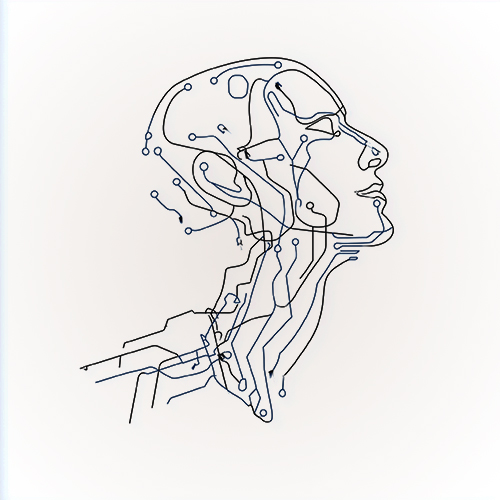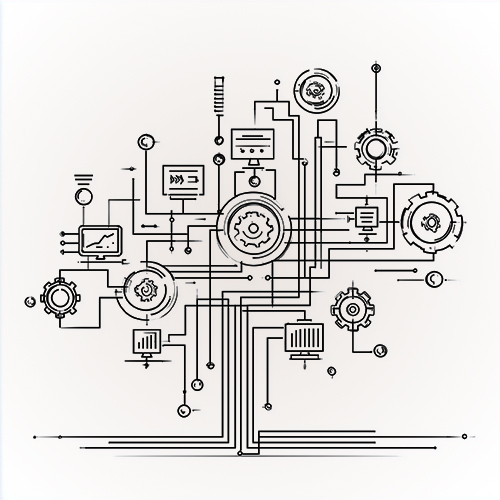Carbon footprint analysis as a path to emission reductions
According to Jahnsson, HKScan has been determinedly developing its environmental work with the help of experts in the field. The company calculated that primary production is responsible for more than 90 per cent of the group’s carbon footprint. This is why HKScan decided to develop a reporting system that can analyse the emissions of farms and help them move towards carbon-neutrality.
They chose Digia as their partner in implementing this promising project. “We have been working together for a long time, and we have found Digia to be a reliable partner,” says Development Manager Aira Harju, who is responsible for the project at HKScan.
Digia’s industry expertise was also an aspect that HKScan considered important. “This is a difficult system to implement if you don’t know the industry. Digia understands our business well,” Jahnsson explains.
This understanding proved important, as the project involved some pioneering efforts in sustainability. Calculating the farms’ overall carbon footprint is complex, and HKScan worked with Digia to develop a model for publishing the results of the calculations. This was added to the Sinetti producer portal, previously developed in collaboration between Digia and HKScan. It allows producers to easily find out what the carbon footprint of their farm’s meat production is.
HKScan’s primary goal is to help farms reduce their carbon footprint. The system has been designed with “traffic lights” that let farms know if their emissions have risen or fallen from previous years and see how their emissions stack up against those of other farms. In addition, the portal helps producers break down where their emissions are coming from and advises them on concrete steps they can take to reduce them. For example, the portal may give recommendations on planting catch crops to keep fields green for as much of the year as possible, minimising tilling or using fertilisers optimally.




